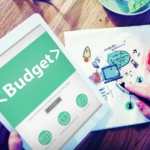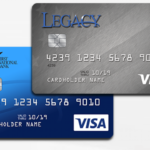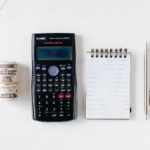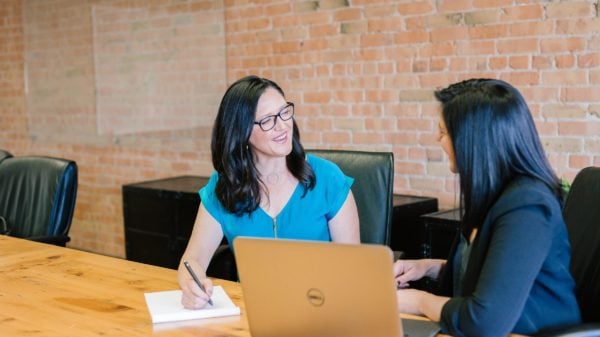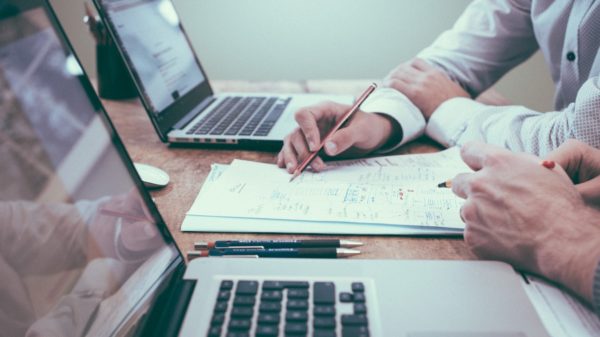There are certain financial habits that you need to start as soon as you get your first job.
You might feel satisfied with your first paycheck. However, using it the right way is not that straightforward.
Here are the financial habits that you must develop during your first job.
Start Contributing to the 401(k) Plan
You should begin contributing to the company 401(k) plan. The sooner you do it, the better. This will help your money to grow, and you can start saving for retirement.
How much you should be contributing is an important consideration. You should contribute an amount that equals the employer match.
Track Your Spending
You need to make sure that you are making more than what you are spending. You need to keep track of how you are spending your money to know where it is going.
Many people have no idea where their money is going. As a result, they overspend and fall into debt.
Don’t let this happen to you. You can download and install an app to track spending.
Pay Off Debt
Whether it is student loans or medical bills, make sure that you pay off debt as soon as possible. If the debt is not paid off quickly, it will keep accumulating interest expenses that you will have to pay.
If you have debt, then you should pay it off first before saving.
To save more money in the long term, you should first pay off the debt amount that has the most interest.
Set Savings Goals
You need to set saving goals for big purchases you will be making in life like your home, car, or kid’s education. You should start saving money with these specific goals in mind.
You need to set up your bank account to deduct a specific sum as soon as you are paid your salary. This money will be saved automatically. Such a method will help you to make savings consistently.
Keep an Emergency Fund
You must keep an emergency fund ready in case something goes wrong. There are a lot of unexpected things that can happen in life. You might lose your job or fall ill. In such cases, you need an emergency fund to draw money in case you need it.
How much should you keep in an emergency fund? There should be enough to cover six months of necessities.
Get Insurance
It might feel tempting to save money on insurance. However, you might regret it later on. It is much better to get the insurance that you need rather than suffer the financial ramifications of an adverse event that is not covered.
Apart from life insurance, you should also have a solid health plan.
Bottom Line
These aforementioned financial habits are what you need to adopt when starting your first job. Be careful with every move you make!


























